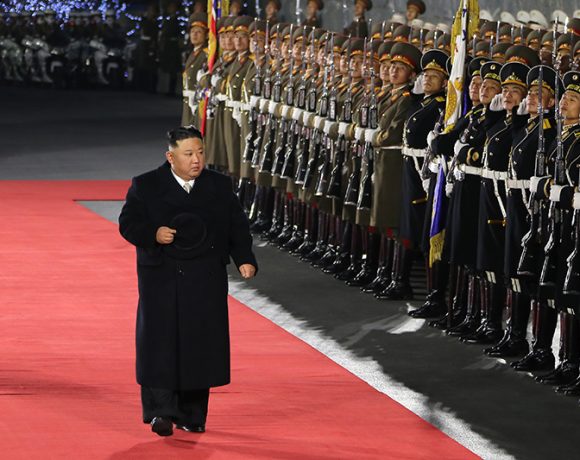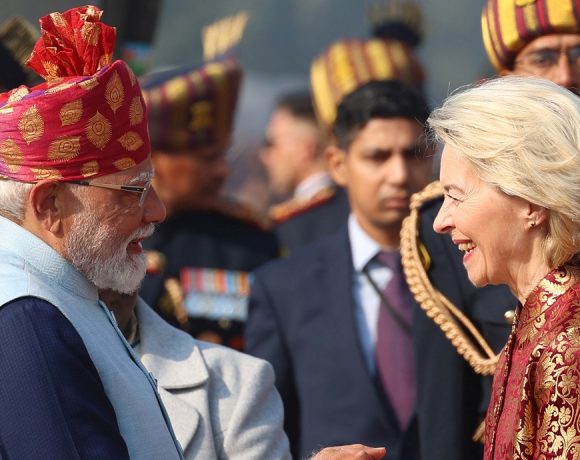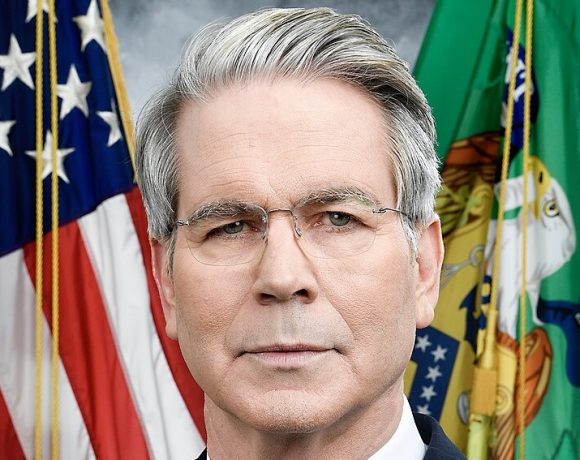
US Threatens 25% Tariff on South Korea
The United States has warned that a 25% tariff on key South Korean exports will come into effect on August 1 unless a new trade agreement is reached. The move is part of Washington’s renewed push to renegotiate economic terms with key allies, reigniting trade tensions between the two countries.
Seoul Races to Avoid Economic Fallout
South Korean officials are in urgent talks with U.S. counterparts to finalise a framework that could delay or cancel the tariff. The Industry Minister and National Security Adviser have been leading diplomatic efforts, describing the situation as being in a “critical stage.” Sectors most vulnerable to the tariffs include automobiles, electronics, and steel.
Declining Public Sentiment Toward the US
South Korea, a close U.S. ally, has seen a shift in public opinion due to the tariff threat. Recent polling shows approval of the U.S. has fallen significantly in South Korea. Citizens have voiced concerns over the pressure to make economic concessions while also contributing more financially to hosting American troops on their soil.
Tariffs Tied to Defence and Market Access
The proposed tariff is not just about trade—it’s also linked to broader negotiations over defence cost-sharing and market access for U.S. products, including agriculture and arms. Washington is pushing for a more favourable deal that reduces its own financial burden while securing better terms for American exporters.
Potential Impact on South Korean Industry
If the tariffs are implemented, major firms like Hyundai and Kia could see increased export costs to the U.S. market, affecting competitiveness. Smaller manufacturers in the supply chain are likely to be hit hardest. Economists warn that a prolonged dispute may also strain regional supply chains.
Both Sides Aim for Compromise
Despite the pressure, negotiators on both sides are optimistic that a middle ground can be reached before the deadline. South Korea may offer partial market access in return for phased tariff relief. Both countries continue to emphasise their shared security partnership as a foundation for resolving the trade dispute.


















